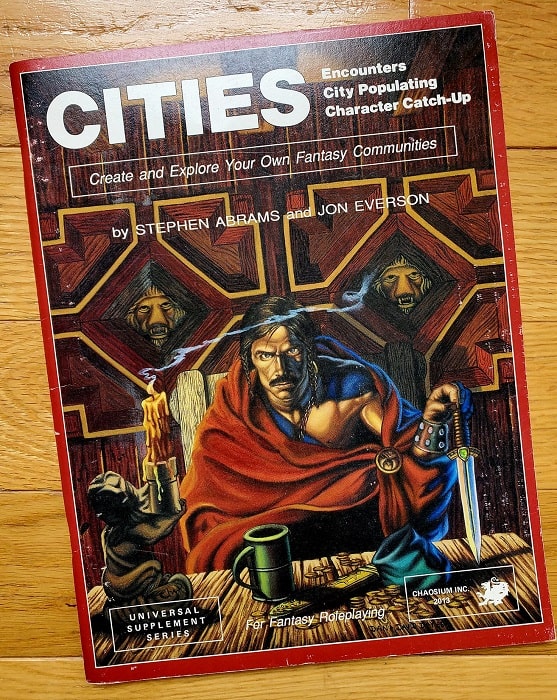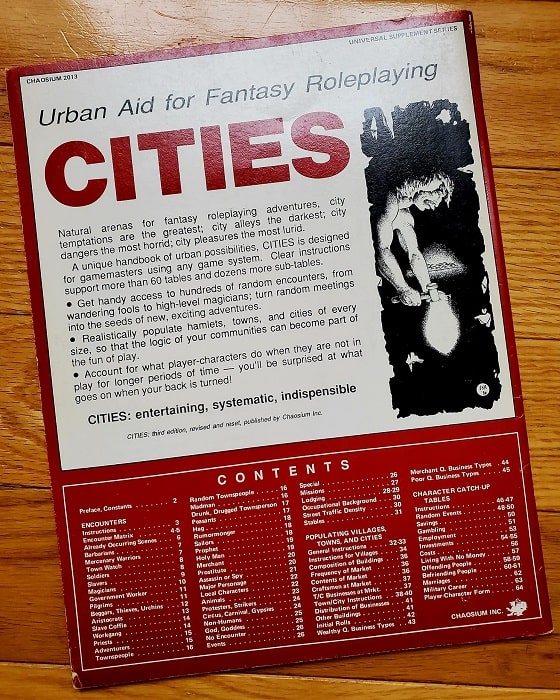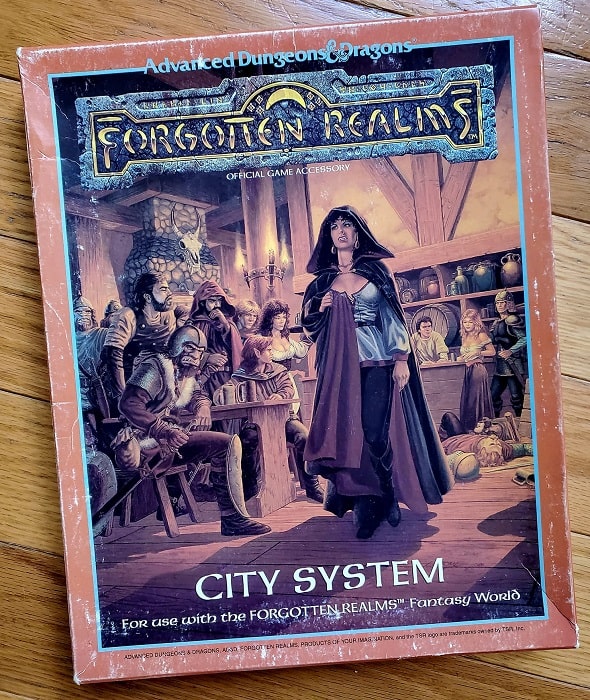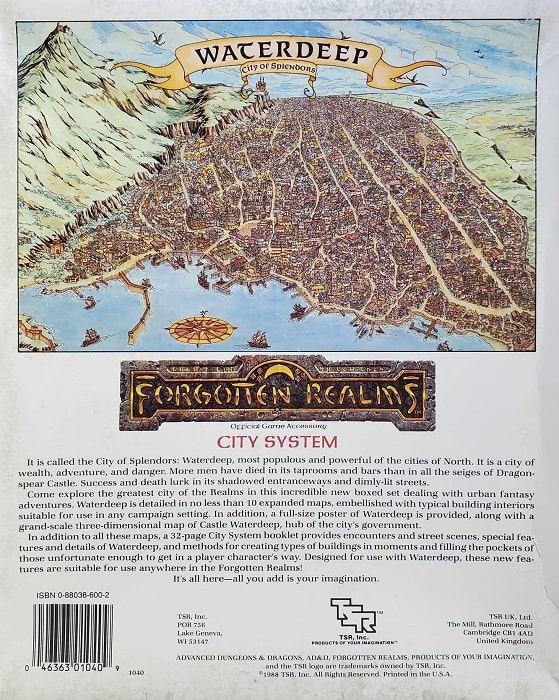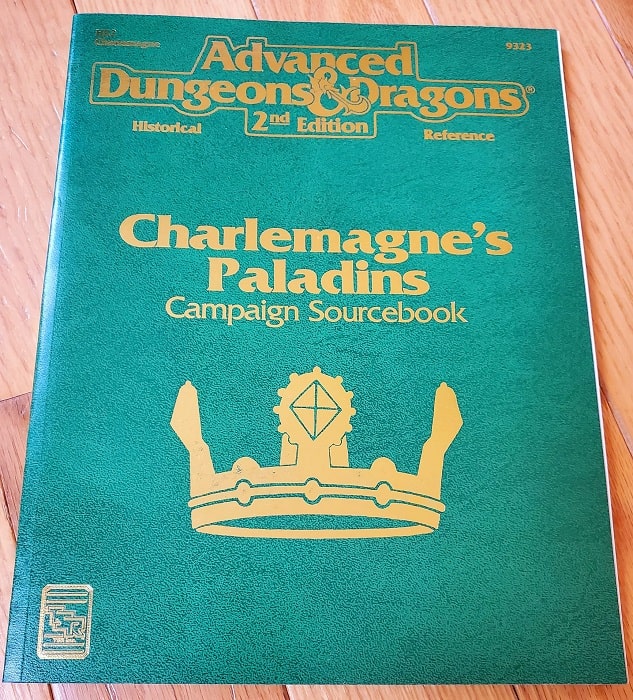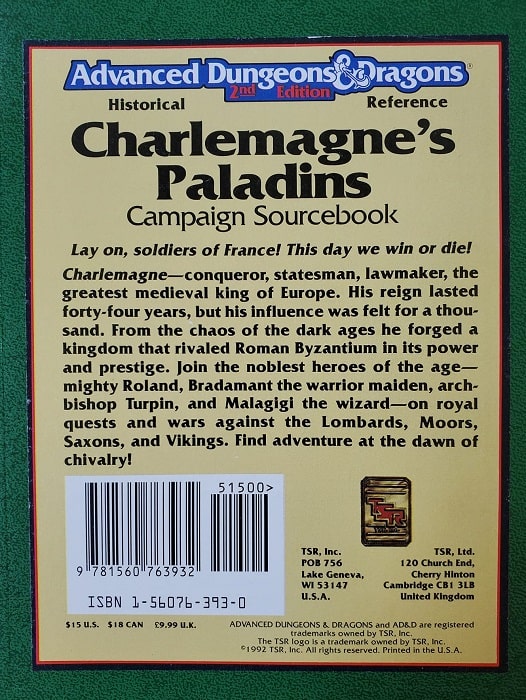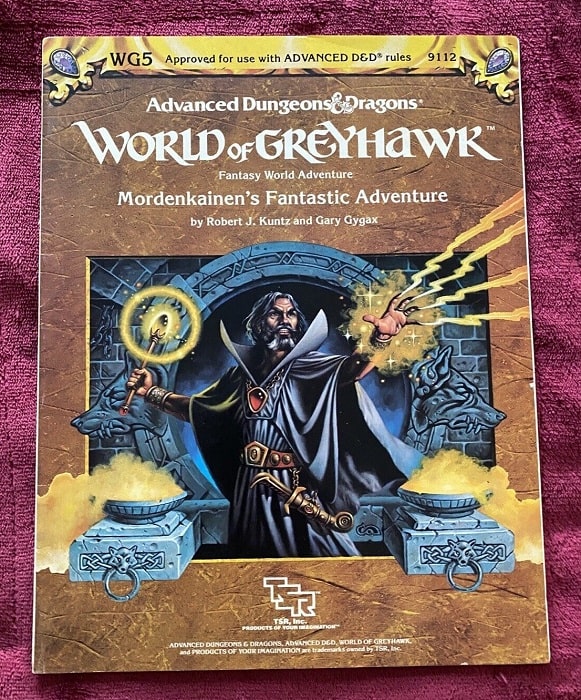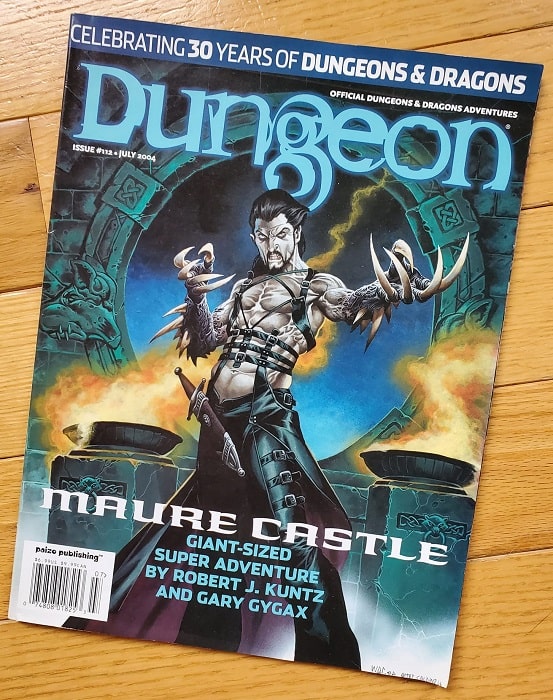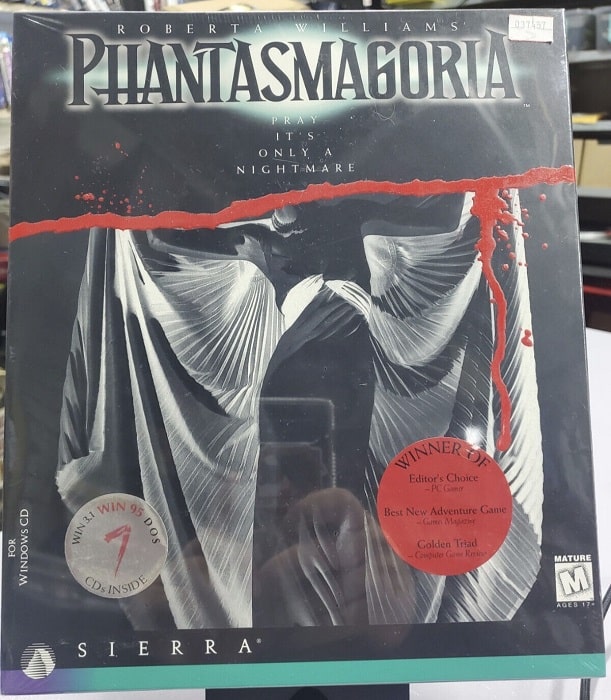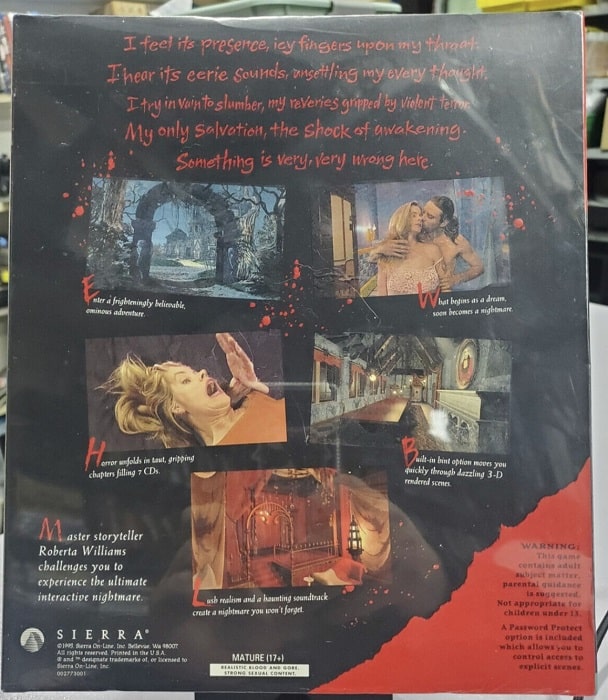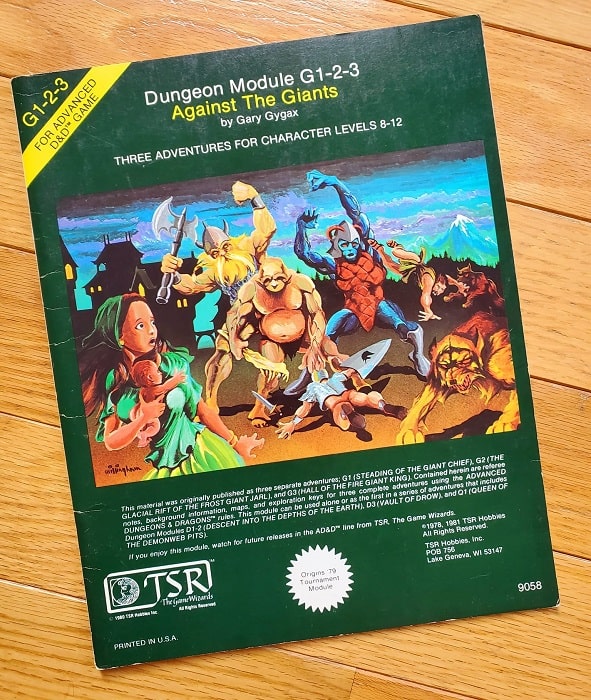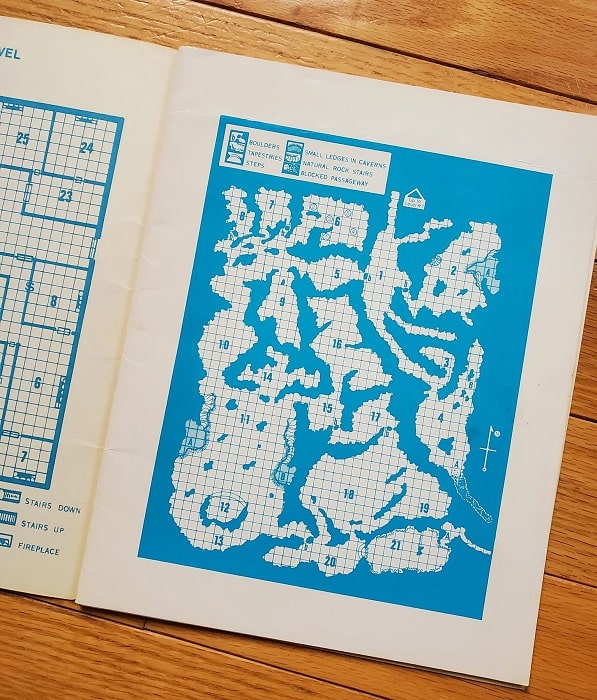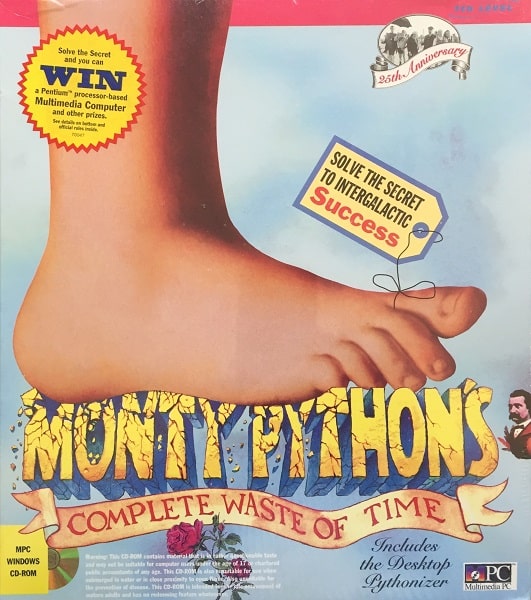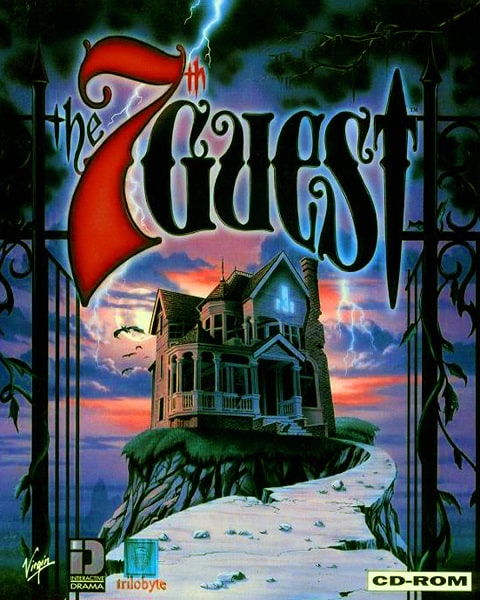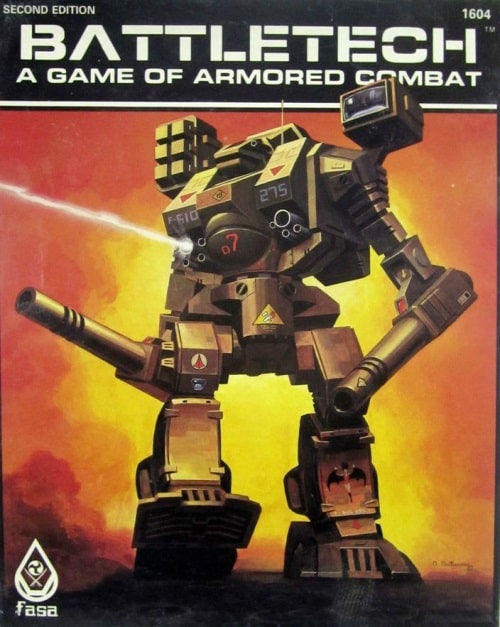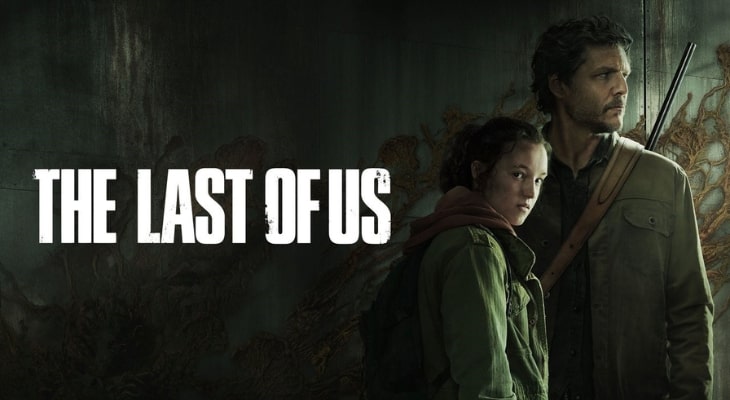The Greatest City in Fantasy: Lankhmar, City of Adventure by Bruce Nesmith, Doug Niles, and Ken Rolston
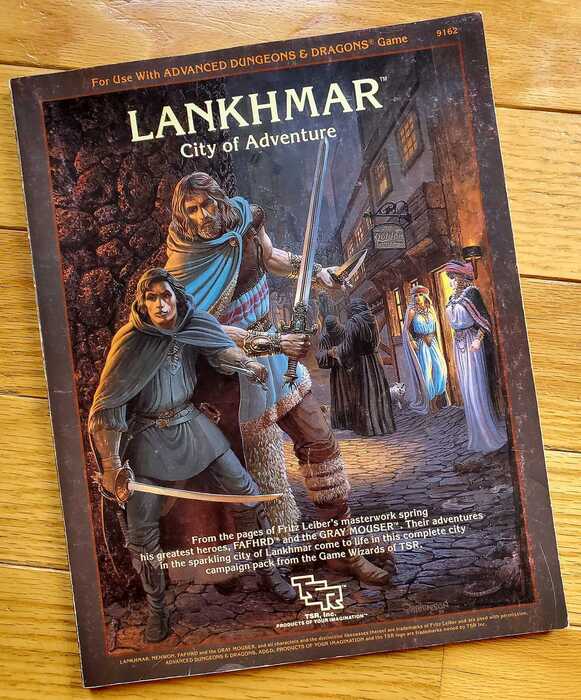 |
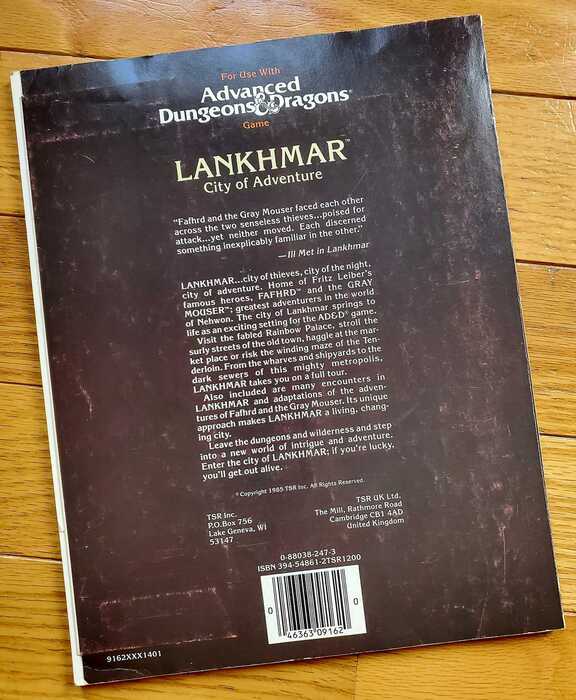 |
Lankhmar, City of Adventure (TSR, 1985). Cover by the legend Keith Parkinson
I would like to round out my posts on tabletop RPG city supplements with my personal favorite: Lankhmar, City of Adventure, which is the home of Fritz Lieber’s Fafhrd and the Gray Mouser. Published in 1985 by TSR for Advanced Dungeons & Dragons, this book was written by Bruce Nesmith, Doug Niles, and Ken Rolston. The cover art is by the legend, Keith Parkinson, and the interior art is by the great Jeff Easley. Cartography by Geoff Valley, Curtis Smith, and Tracy Hickman.
Wow, I don’t know where to begin with this one! I absolutely adored the fiction of Fritz Lieber, devouring his Lankhmar works and even some of his sci-fi at a young age. Lieber was a friend of Gary Gygax, and he was among a handful of Gygax’s favorite authors. Thus, I think it’s important to note that the content of the Fafhrd and Gray Mouser tales was incredibly inspirational to Gygax, and this comes across in the tone and themes of D&D — which essentially is a melting pot of fictional inspirations. My point is, you can’t simply look at this supplement as a fictional property that was adapted to the D&D game, because the DNA of Lankhmar was already embedded in D&D to begin with.
